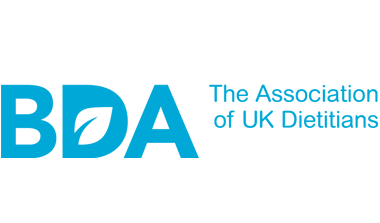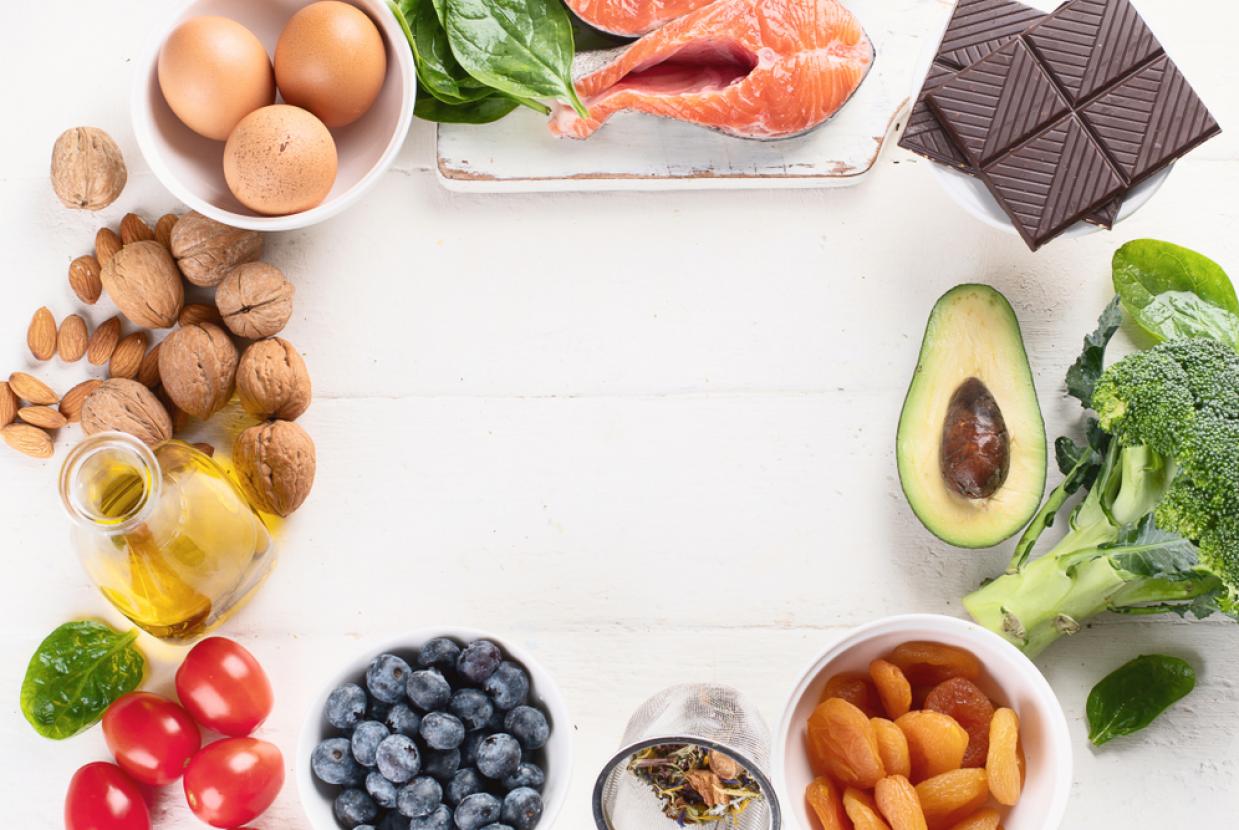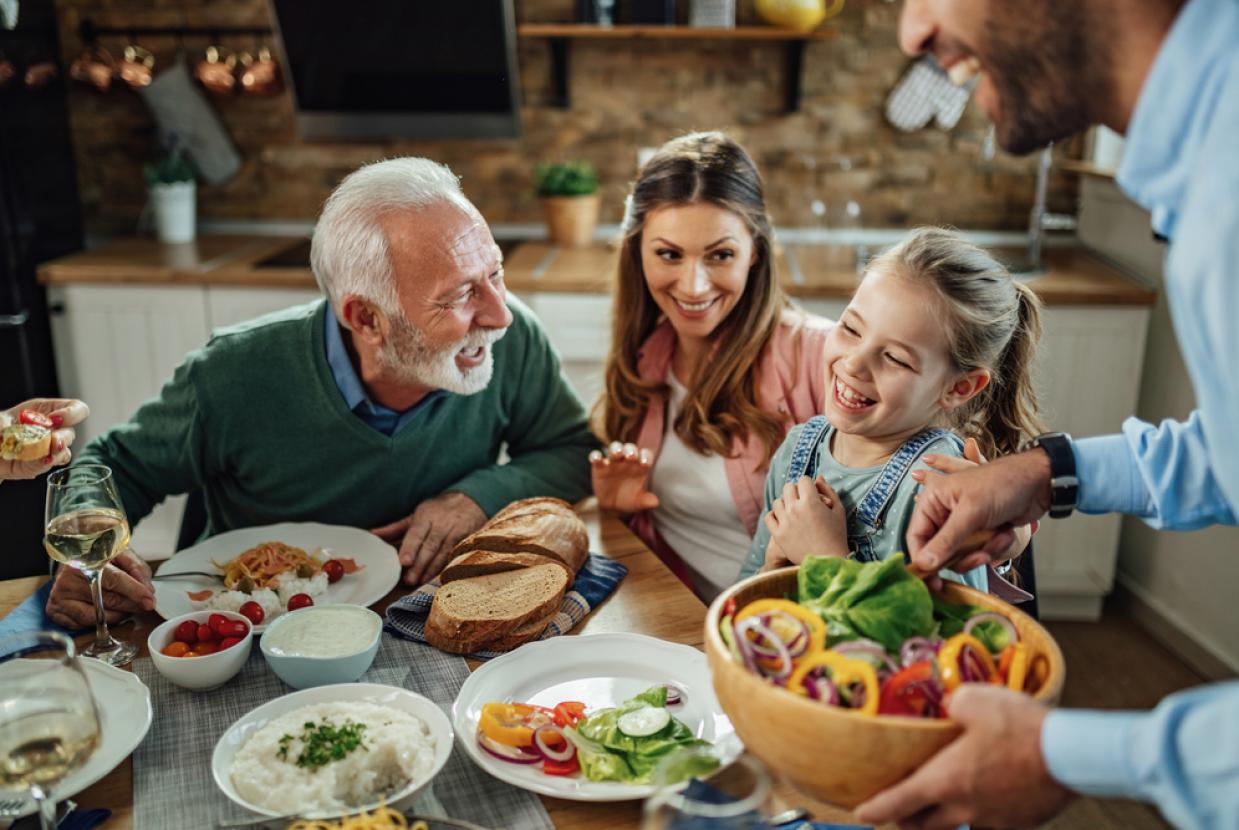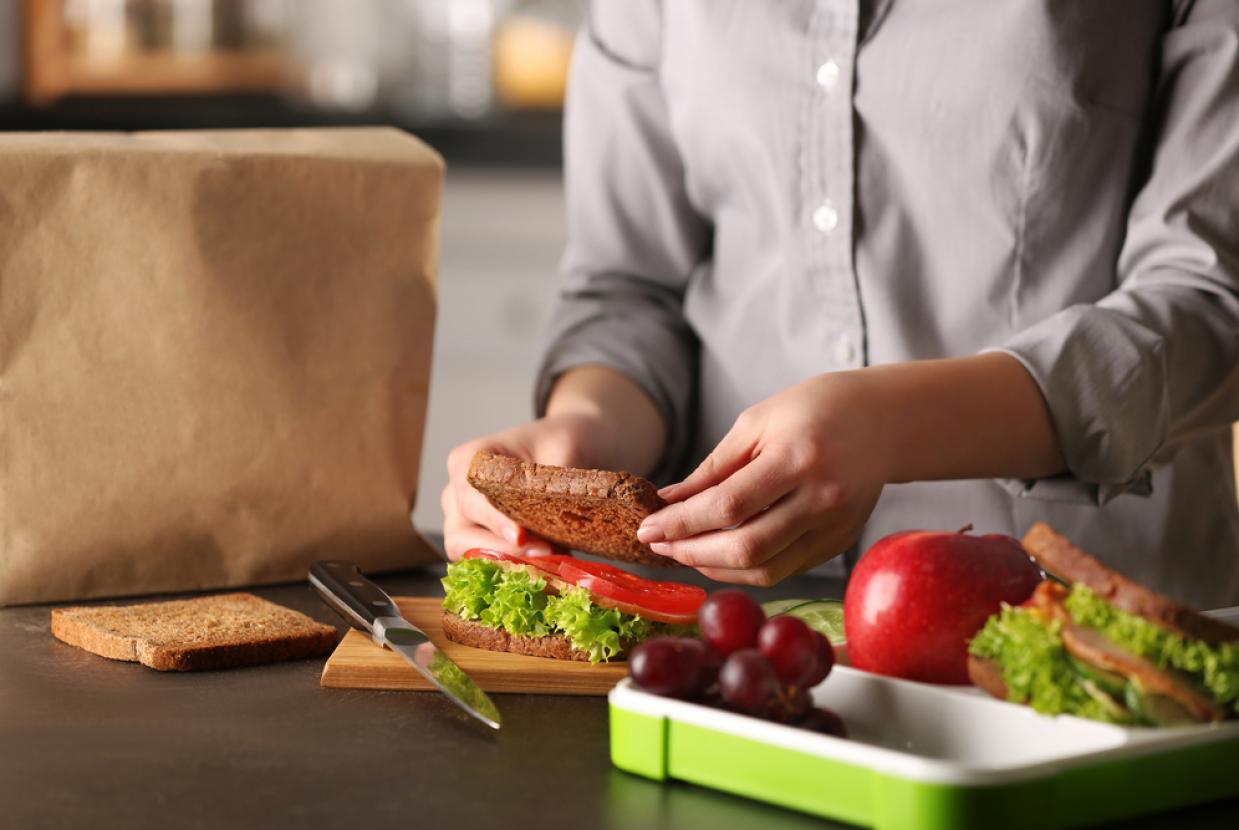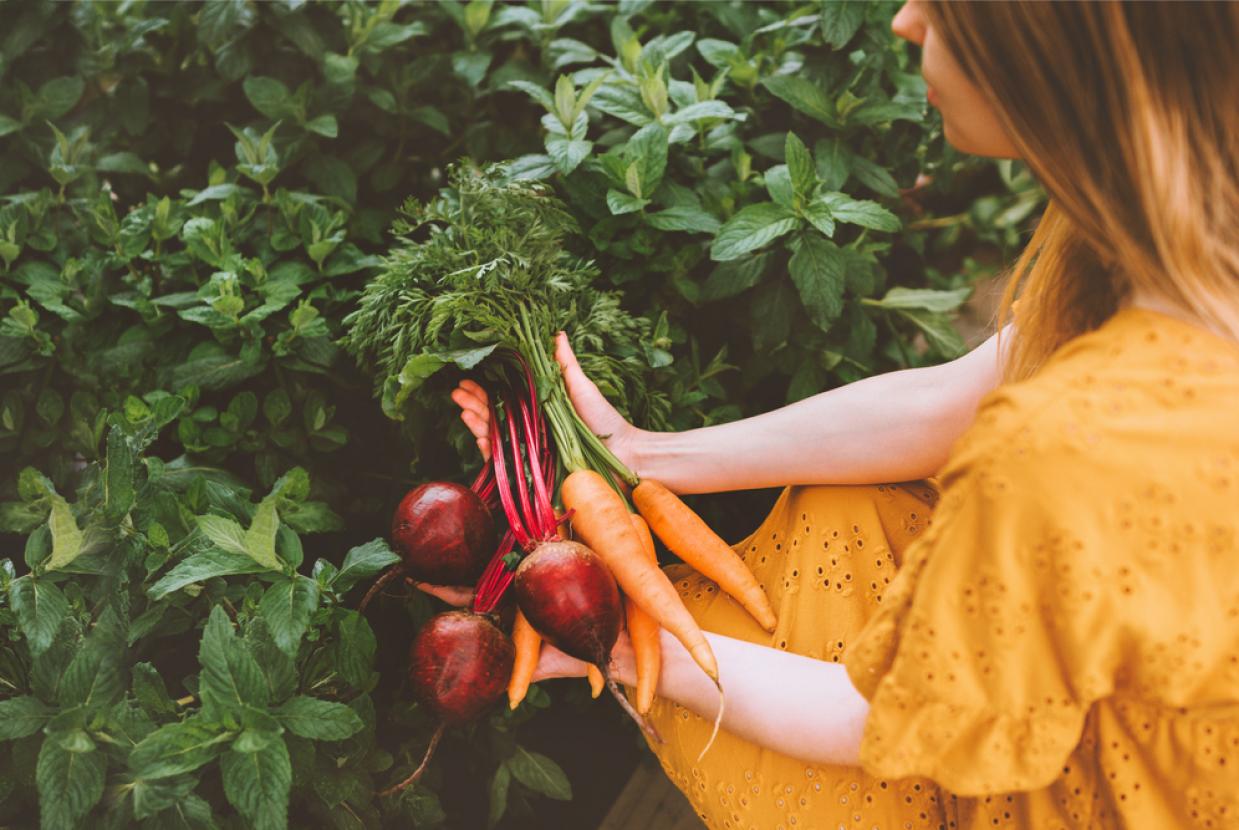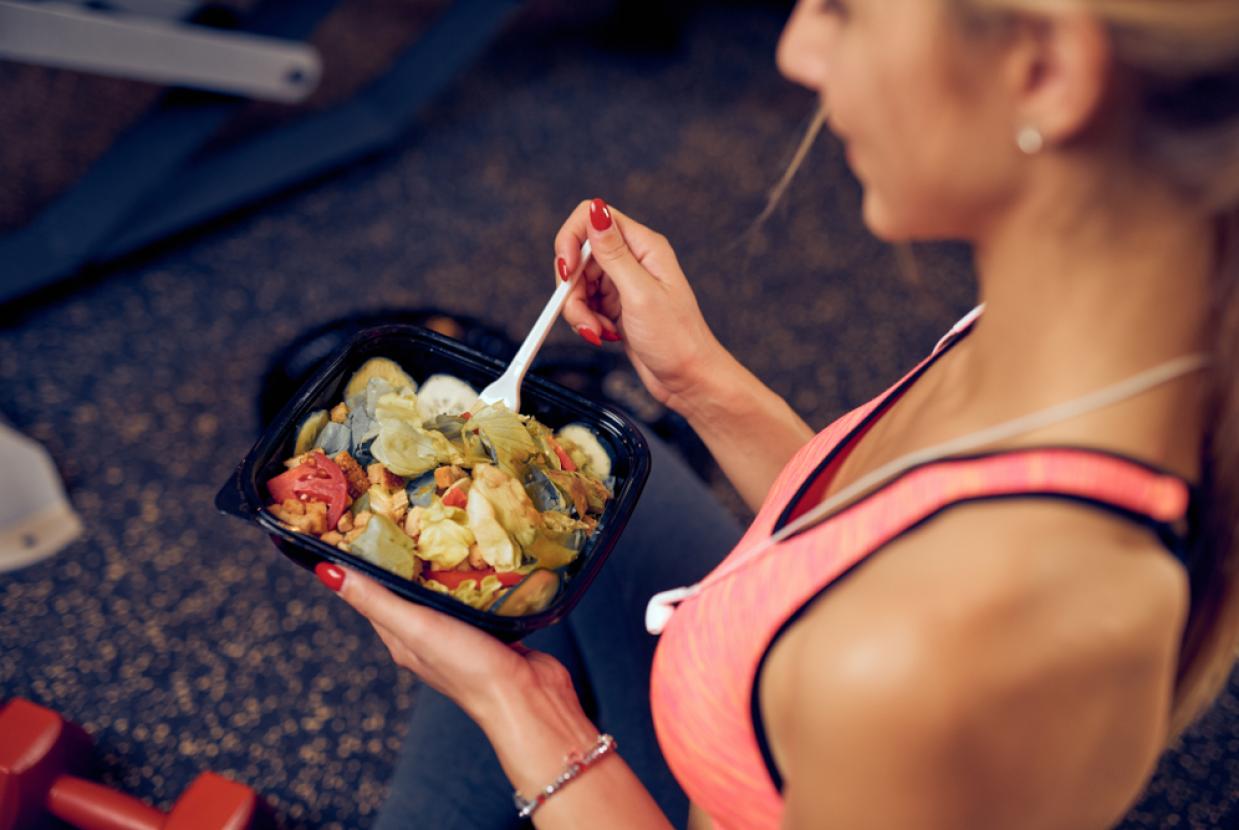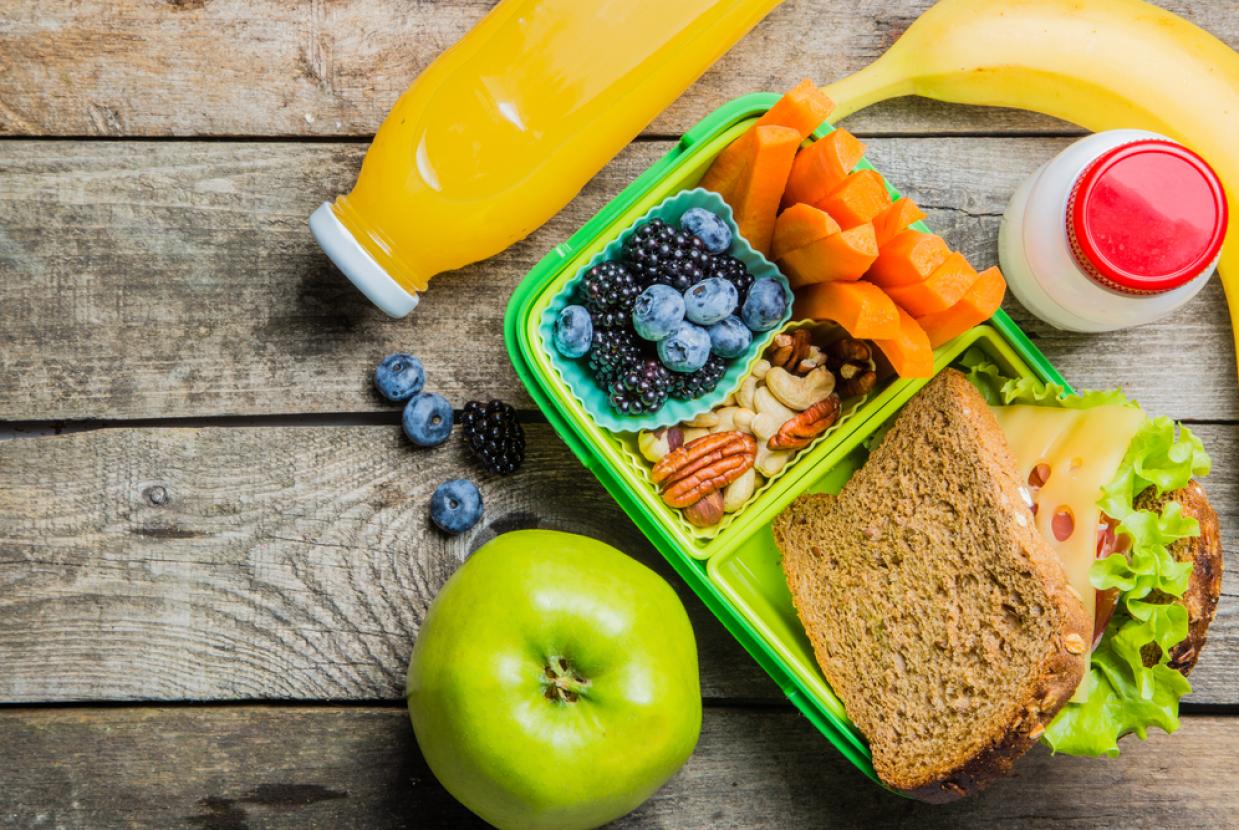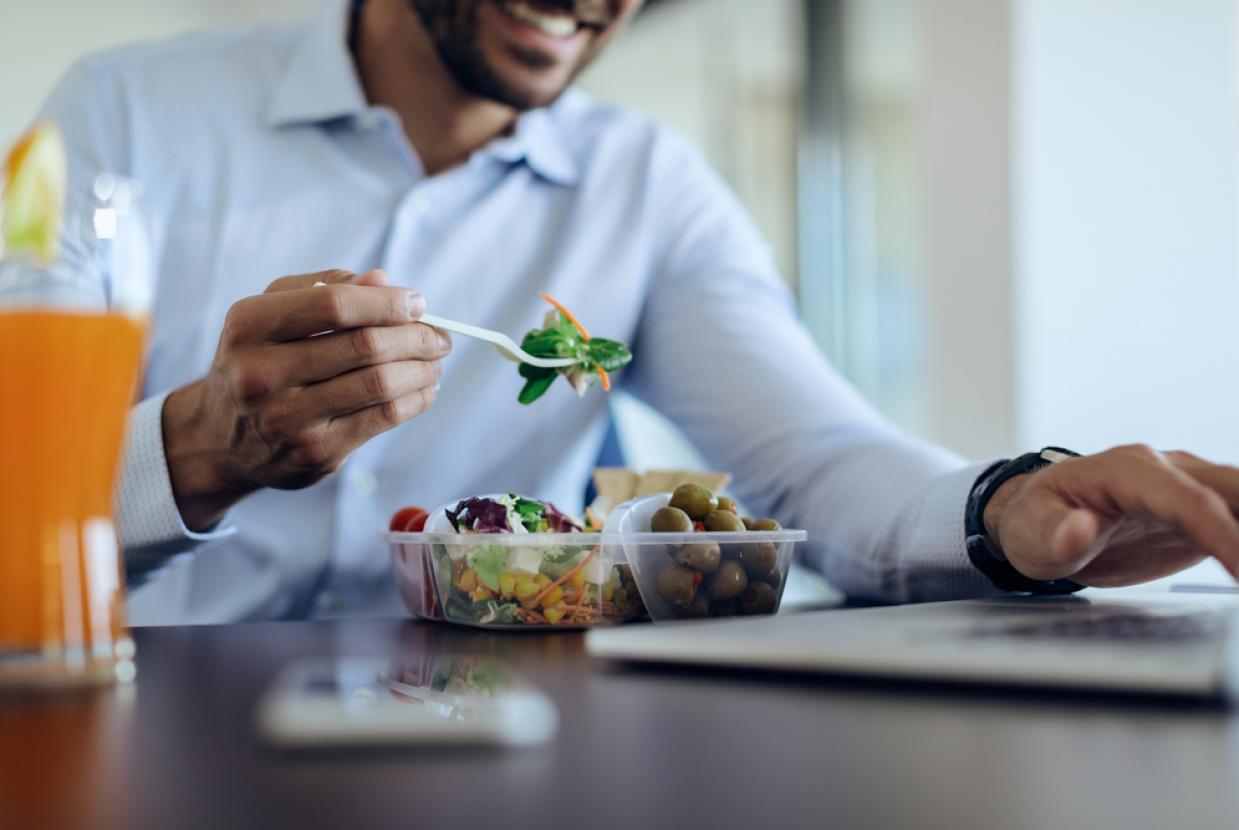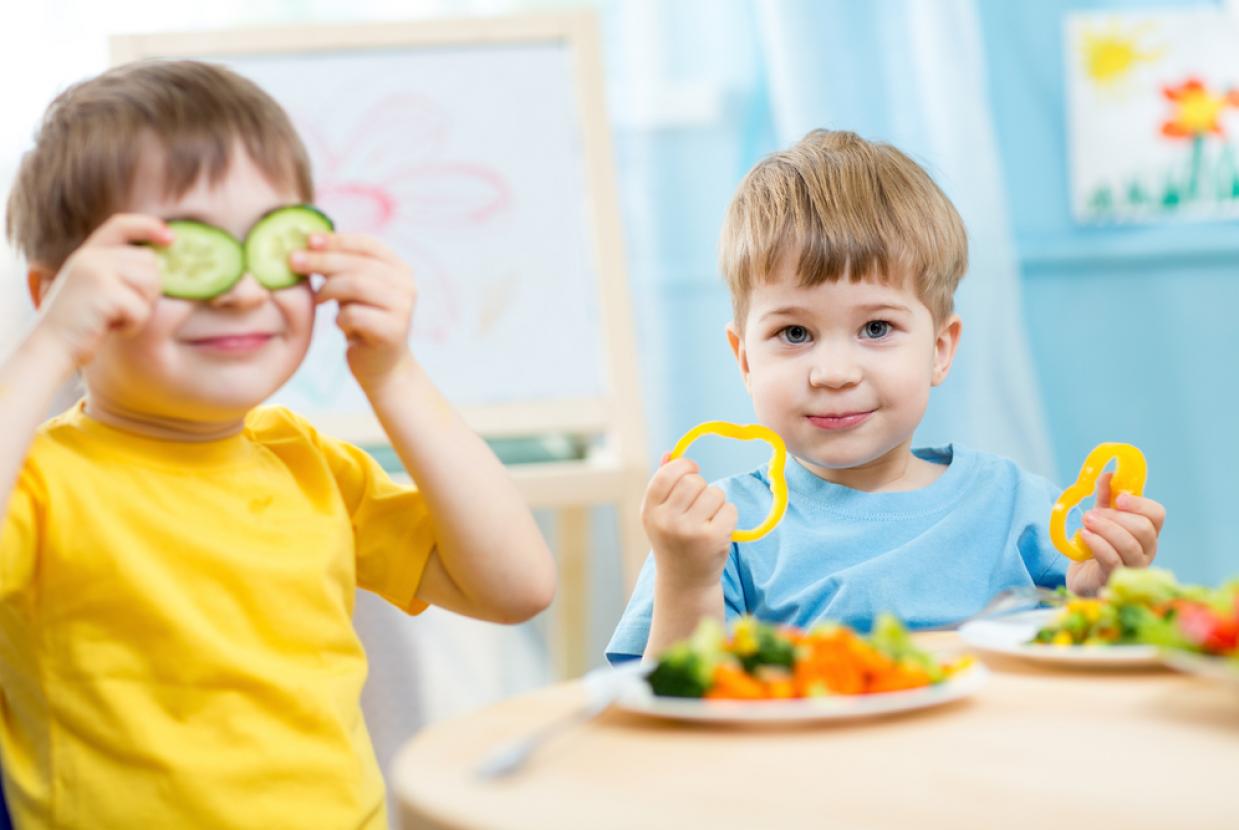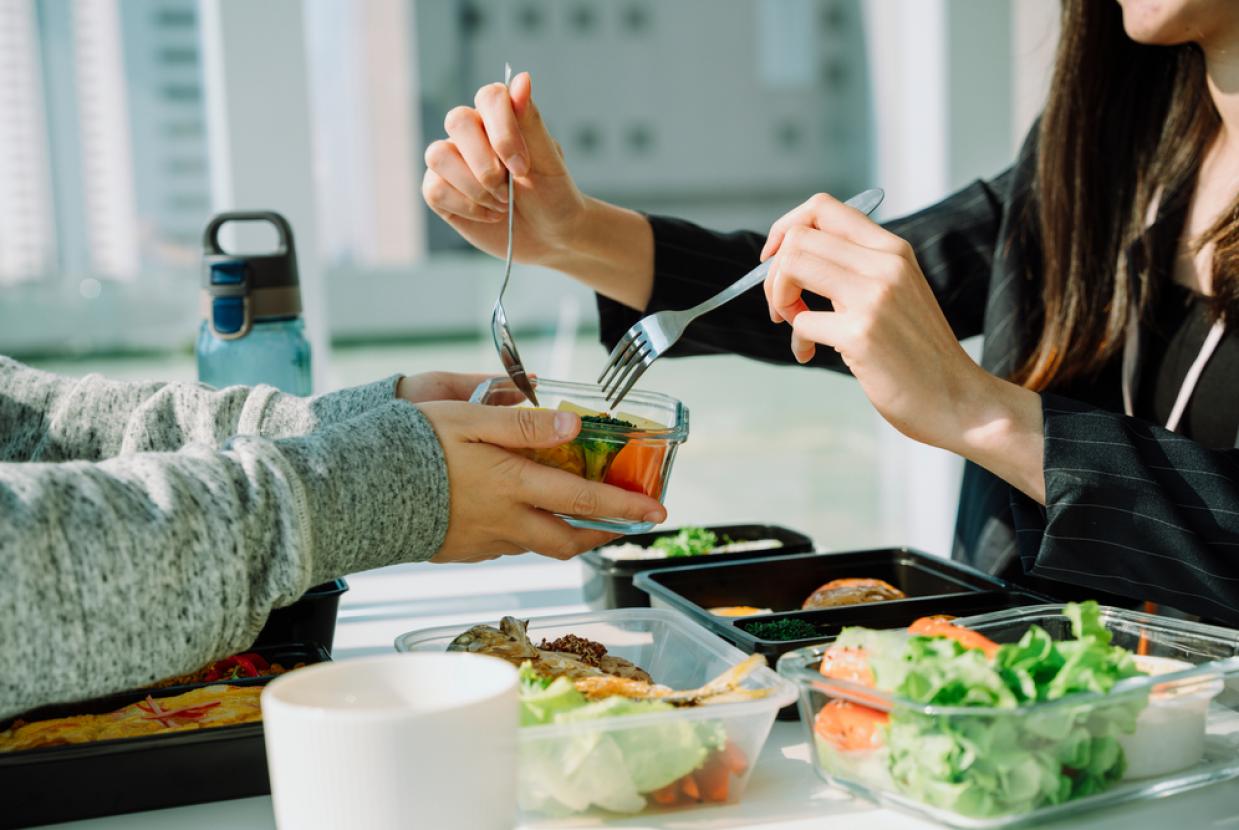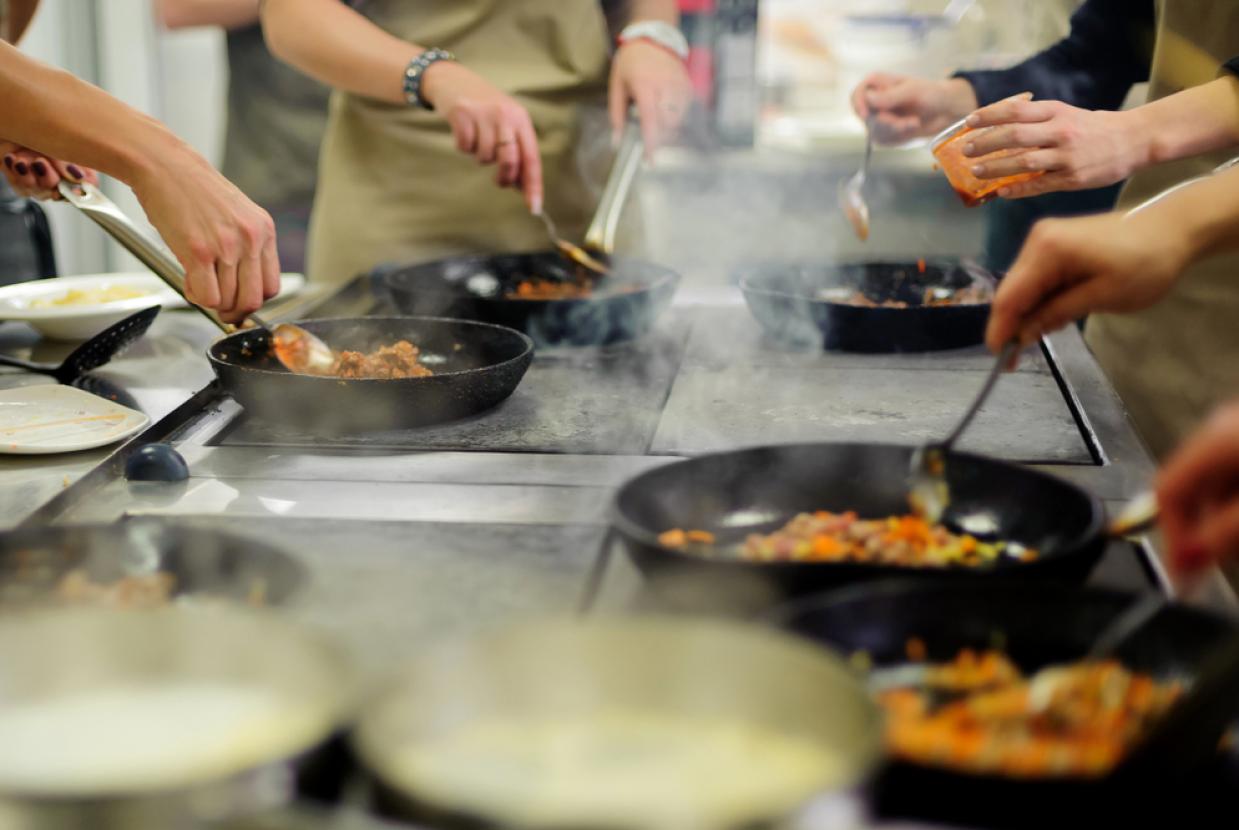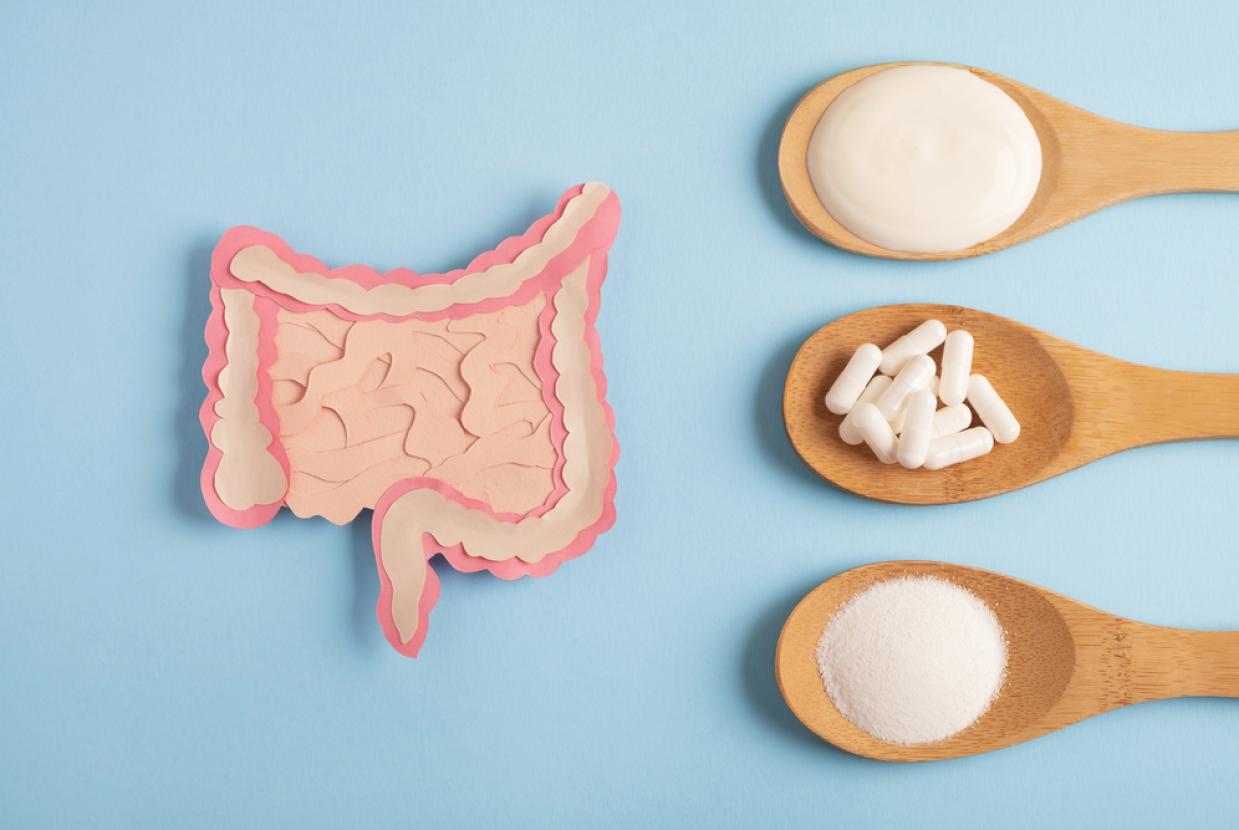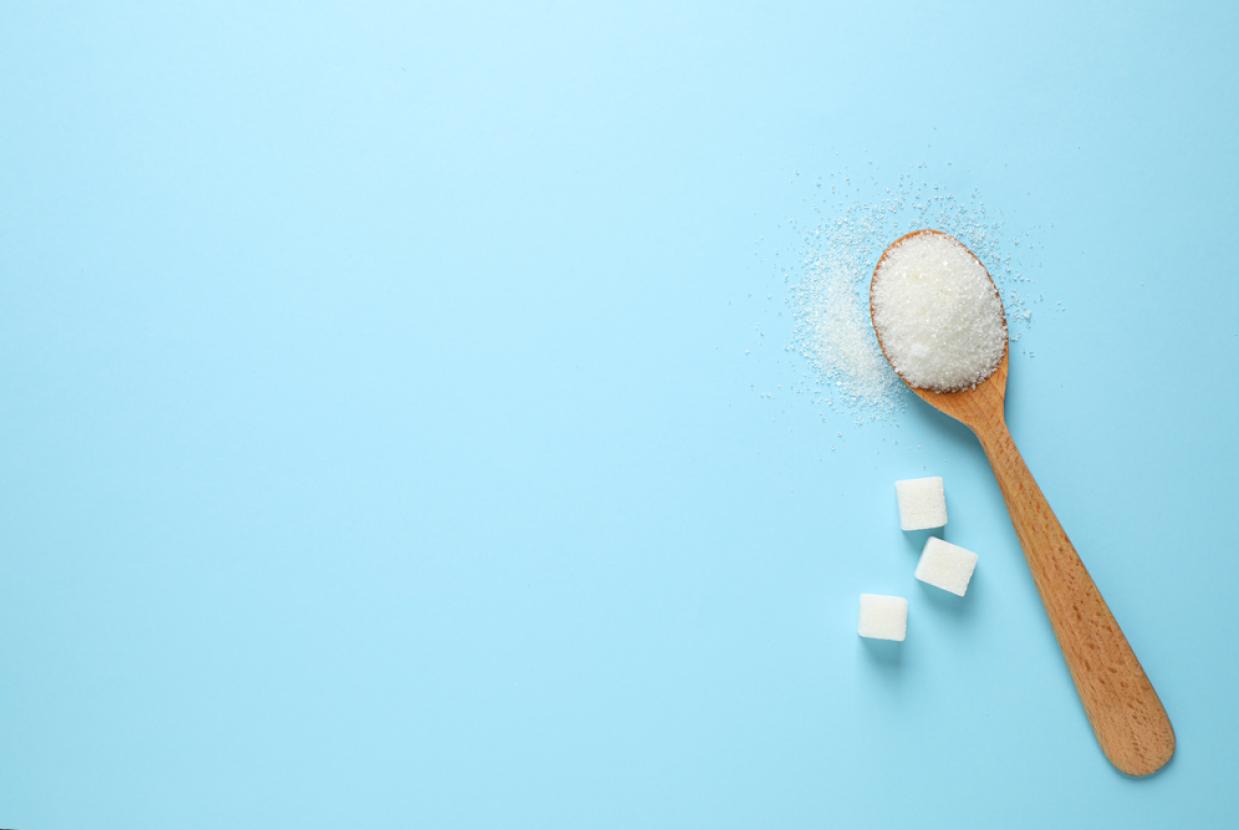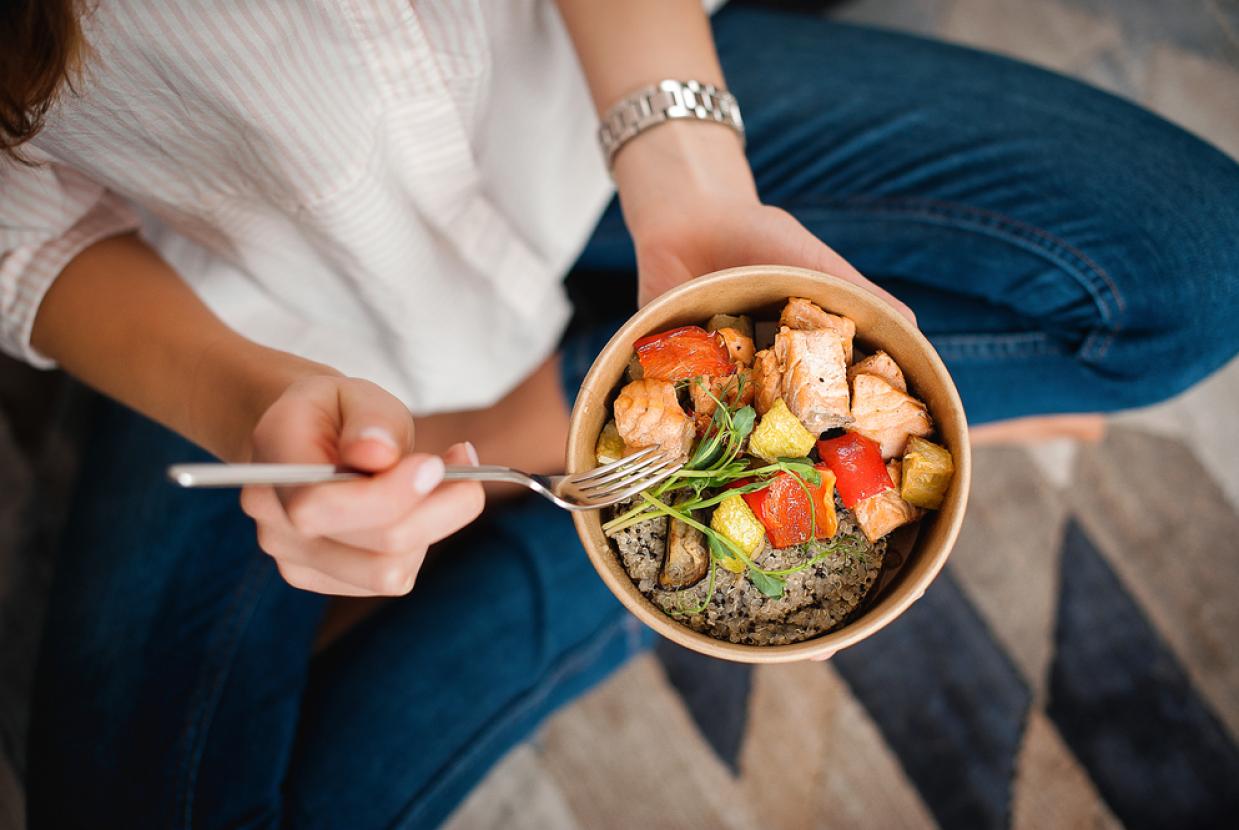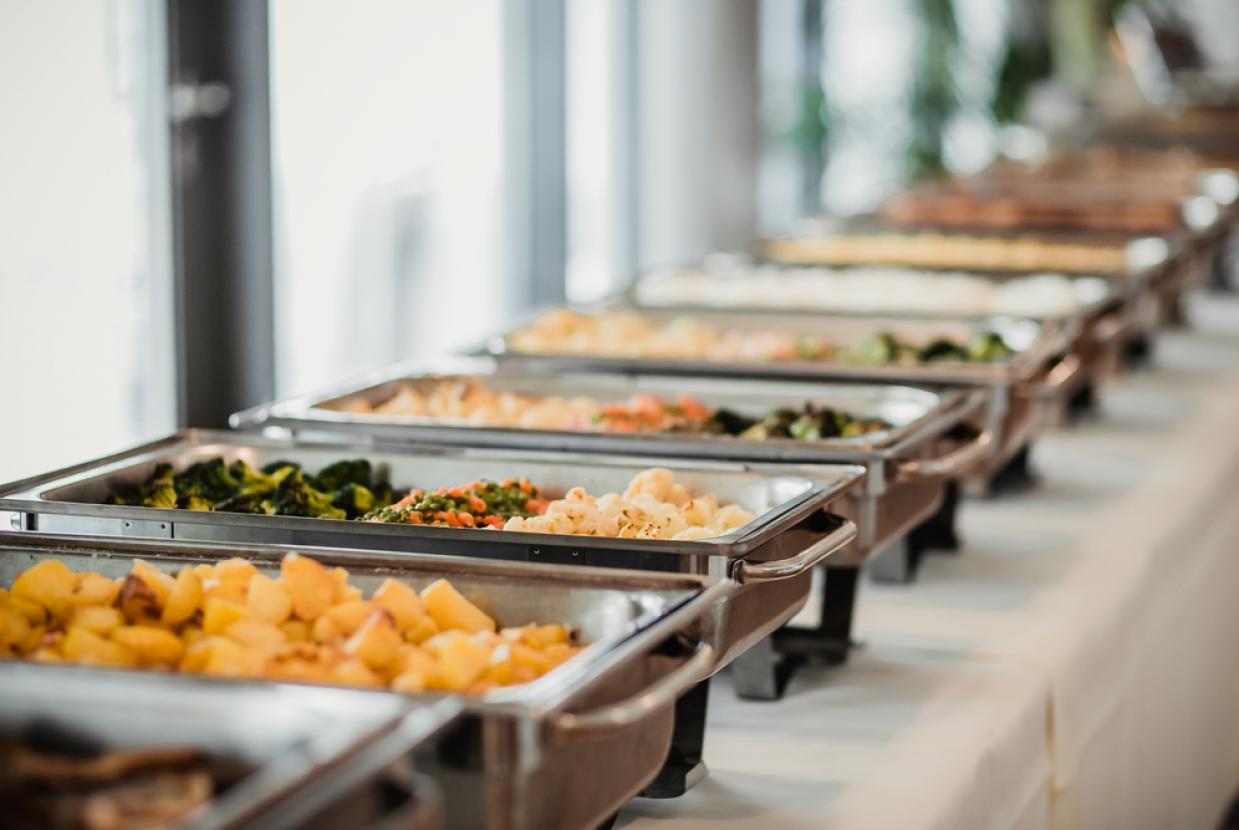Healthy Snacks
This Fact Sheet will help you to choose snacks that will form a nutritious part of your diet. It will help you avoid snacks that can contribute too many extra calories and additional fat, sugar and salt to your food intake.
Snacking concerns
Snacking is a part of our usual eating pattern for many people. Our reasons for eating a snack vary widely, from being hungry to just because we’re bored. Some people think that snacks should be avoided because they are unhealthy or can contribute to weight gain. Research shows that this can be the case, however other studies indicate that people who snack can be a healthy weight. We also know that snacks can make useful contributions to our overall nutrition.
If you choose wisely and plan ahead, snacks can be a healthy part of your diet. Snacks provide energy for your activities throughout the day and can contribute valuable nutrients such as vitamins, minerals, protein and fibre. Some snack foods can be a source of extra fat, sugar and salt, so choose carefully and keep portion sizes sensible. Use the information in this Fact Sheet to choose snacks that make a healthy contribution to your nutritional intake.
Focus on the food groups
Choose foods that supply your body with useful nutrients. By selecting snacks from these food groups, you will ensure a range of vitamins, minerals and other nutrients:
Fruit and vegetables
Many of these foods are naturally packaged for snacking on the go, such as bananas or satsumas. They will help you reach the recommended target of 5-a-day. You could also try:
- carrot, pepper or cucumber sticks with hummus
- chopped melon or pineapple (either fresh or tinned in juice)
- frozen grapes
- a handful of edamame beans (keep a bag in freezer)
Potatoes, bread, rice, pasta and other starchy carbohydrates
These foods fuel our body throughout the day. Look for options that don’t contain added fat. Wholegrain types also contribute more fibre and minerals. Try these easy snack suggestions:
- plain or fruit scone
- small bowl of wholegrain cereal with semi-skimmed milk or plant-based alternative
- half a bagel with low-fat cheese spread
- slice of wholemeal/seeded toasted bread with low-fat spread and yeast extract
- two rice cakes spread with hummus or soft cheese
Beans, pulses, fish, eggs, meat and other proteins
Foods from this group are high in protein, so they may also help to keep us fuller. Here are a few ideas:
- a small serving of bean salad
- roasted chickpeas or beans
- a hard-boiled egg
- slices of apple spread with nut butter
- small handful of mixed nuts
Dairy and alternatives
Snacking on these foods is a great way to get the calcium we need to maintain strong bones. Remember to look for calcium- and iodine-fortified options if you are choosing plant-based alternatives:
- low-fat yoghurt or fromage frais (preferably unsweetened)
- reduced-fat cheese and plain crackers
- fruit/vegetable smoothie made with semi-skimmed milk or plant-based alternative
What about crisps, chocolates and sweets?
Foods such as crisps, biscuits, chocolate and sweets are often what we think of as snack foods. But these choices are high in fat and sugar or salt. It is fine to have a small amount of these foods occasionally. The important thing is to get the overall balance right.
If you can’t resist, try smaller portions like mini-bags of crisps, plain or lightly salted popcorn, or fun-sized chocolate bars/bags of sweets and save them for an occasional treat. If you are unsure whether a snack you are choosing is an everyday or an occasional food, check out the food label and follow the ‘snack attack’ strategies below. The best choices have a lower content of fat, particularly saturated fat, sugar and salt.
‘Snack attack’ strategies
Often it is not just a matter of knowing which choices are better choices. If you’re really hungry and there are no healthy snacks around, it’s very easy to grab something unhealthy instead. Make nutritious snacking easier with the following strategies:
At work
Keep healthy snacks at your desk or in the office refrigerator. Fresh fruit or yoghurts are great choices.
On the go
If you are going to be out and about, take a healthy snack in your bag. An apple or rice cakes are very portable.
In the shops
Try to avoid buying less nutritious snacks such as crisps and biscuits, so you do not have them tempting you while at home.
At home
Have a bowl of fruit on display on the kitchen counter, and reduced-fat and sugar yogurts in the front of the fridge along with some chopped vegetable sticks, so you notice the healthy options. Keep less healthy treats out of sight.
Think about your reason for snacking
- snack because you are hungry, or maybe because you are planning an exercise session – not just because the food is there
- try having a drink first – we may mistake being thirsty for being hungry
- start by focusing on just one ‘danger’ time of the day, say mid-afternoon or evening, when you are especially tempted by less healthy snacks
Top tips
- If there is an unhealthy snack you usually reach for, try not to buy it or keep it out of sight. Put something more nutritious where you can see it and you will be more likely to enjoy that instead
- To help choose snacks that provide valuable nutrients, think about choosing options from a variety of food groups
- Check the nutrition information on food labels to help choose better snack options
- Try to plan ahead to have healthy snacks available and avoid buying something less nutritious. For example, take snacks with you to work or if you’re going out for the day
- Limit less healthy snacks to special occasions and try to keep the portion to a ‘treat’ size



